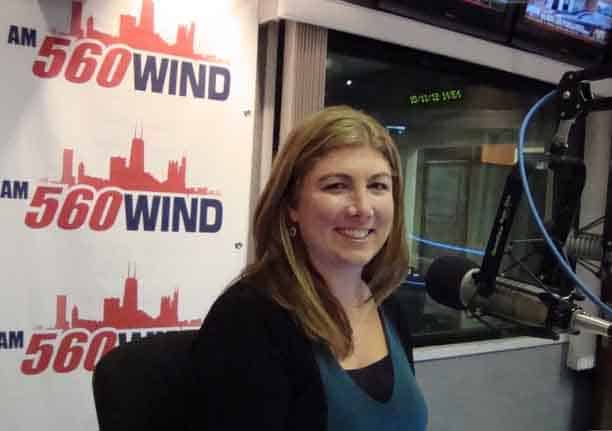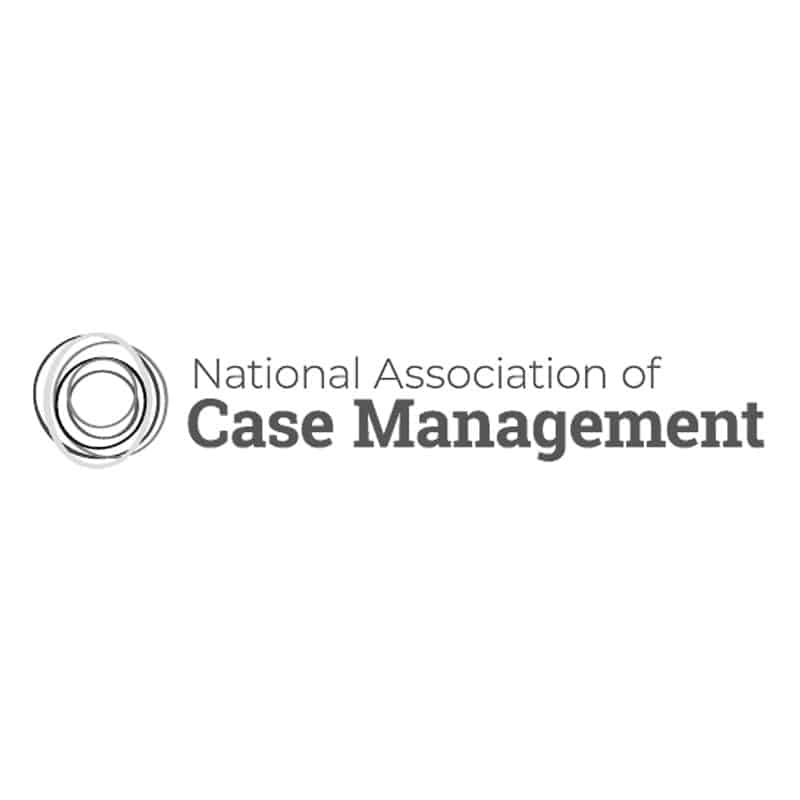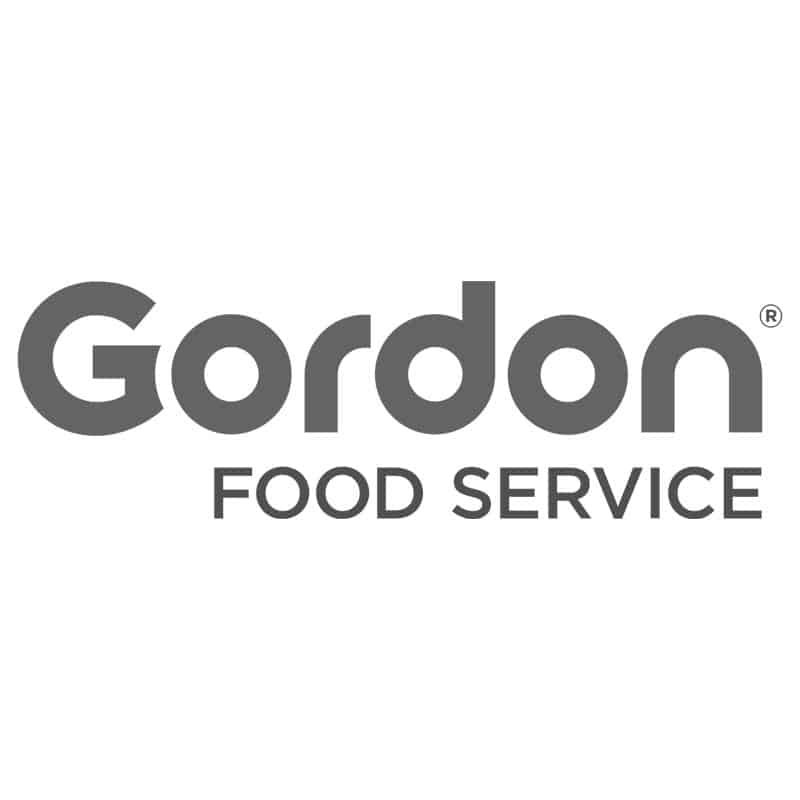Joyce Marter was recently a guest on AgingInfoRadio AM 560WIND with Sue Zawacki discussing the topic of family fallouts. The following is a summary of some of the items that were addressed.
What is a family fallout?
A “family fallout” is any serious conflict or issue in a family that results in one or more family members no longer speaking or having a relationship.
What are some common family fallouts you hear about in your practice?
In our practice, we have seen that family fallouts commonly occur between parents and adult children, between separated or divorced partners, between adult siblings, or between one family and another part of the extended family (one nuclear family not speaking with an aunt and uncle and their children due to a conflict between the adult siblings, for example.)
What is the cause of these fallouts?
5 common causes of fallouts include:
- Instances where a family member suffers from a mental illness (such as serious depression or bipolar disorder which may impair their ability to function and support themselves)
- Addiction problems such as alcoholism, drug addiction or gambling which can wreak havoc on a family system
- Conflicts around money (family businesses gone awry, conflicts over a will or inheritance or somebody in the family is in extreme financial crisis (bankruptcy or foreclosure) and is dependent on the family for help)
- Issues around division of labor for caring for a sick or elderly family member (for example, one family member is doing more to assist than others and becomes resentful)
- Cases when a family member makes life decisions that are not congruent with the historical family values, even if they are best for him or her (such as coming out as homosexual, a change in religious practices or having children out of wedlock, partnering with somebody who is from a different race or ethnic background or anything that may not embraced by the family due to old biases or belief systems.)
What is the negative impact on the family members? On elders?
Families are systems and each member is like a different part of a machine. When one part is broken, it affects the whole family system. The negative impact can be experienced emotionally, relationally, financially (addiction, costs of separate residences, etc.)
The main impact is loss. Loss of intimacy, loss of time spent together as a family, loss of support, loss of what you hoped your family would be, loss of opportunities to celebrate together, etc.
How can these fallouts be prevented?
I recommend the following practices to prevent family fallouts:
1) Seek treatment for any mental health or addiction issues in the family. Consider hiring an interventionist if you have a loved one who refuses to get help.
2) All adult family members should work with a financial planner to create a will, a living will and have any other legal or financial wishes clearly documented (such as guardianship of children, etc.). These wishes should be talked about with relevant family members so everyone is aware of your wishes. Recognize that all families tend to have some challenges dealing with the estate after a family member dies and that this is a time to really practice good communication skills.
3) If a family member is having financial problems, get them connected with resources such as Consumer Credit Counseling Service, filing for public aid or disability coverage, or other social services such as counseling and vocational training and placement.
4) Have good boundaries with family members. Boundaries may include financial boundaries, information boundaries (not triangulating or gossiping or sharing people’s private information with others), time boundaries, etc. (Drs. Cloud and Townsend)
5) Practice effective communication and conflict resolution skills. Communicate assertively.
6) Recognize you can only control yourself and your own communication, behaviors and emotional responses. You cannot control the responses of others (serenity prayer.)
7) Work at being open and forgiving. Recognize that what is right for you may not be right for others. Forgiveness is a process of letting go. Nelson Mandela said resentment is like drinking poison and expecting your enemy to die. It is harmful to yourself as well as others. When in doubt, choose love.
What should somebody do if others in their family are having a conflict/fallout? How can these damaged relationships be repaired?
Many people make the mistake of avoiding dealing with the conflict in hopes that it will magically go away by itself. Instead, address the situation directly with the parties involved. Facilitate a family meeting or discussion in a safe place with boundaries (meaning, don’t open up a discussion in the heat of crisis, but plan a meeting in a neutral, quite place or even in the office of a therapist, mediator or spiritual advisor.) Use assertive communication to directly express concerns and resolve the conflict.
Damaged relationships can be repaired through an open dialogue of expressing feelings, needs and really listening to one another. Empathy is the cornerstone of effective communication and is the ability to really put yourself in the other person’s shoes and reflect understanding of their feelings, even if you don’t “agree” with their feelings. Feelings simply are what they are and it is a waste of time and energy to try and change somebody’s feelings.
Owning up to bad behaviors, making amends and apologizing when necessary are always important skills as well.
Early intervention is always best. Nip family problems in the bud before they become a huge issue.
Is there ever a situation when it is for the best for two family members to no longer be speaking?
There are some extreme cases in which the end of a relationship may be necessary. This includes cases of domestic violence, abuse, or situations when somebody refuses to get help for a serious mental illness or addiction issue. For example, I have had clients who were sexually abused by a parent for years and have needed to make the difficult choice of severing their relationship with that parent as an adult.
Is there ever a silver lining with conflict? Is it ever a good thing?
Absolutely. Conflict is an opportunity for learning, growth and healing. It really depends on the attitude with which it is approached. If it is approached positively and proactively, conflict can lead to positive change.
How can counseling or therapy help?
We can all benefit from counseling or therapy at different points in our lives. Therapy is a safe place for people to sort out their feelings and receive support and guidance from a therapist on how to communicate effectively and resolve conflict. During an initial consultation, a therapist can let you know if individual, couples or family therapy (or some combination) would be the best approach. 12-step groups like AA or Al-Anon or support groups like those offered through the DBSA are also excellent resources.
How much does counseling cost? Is it covered by insurance? How do I find a therapist?
Therapy sessions typically cost $100-$175 per session if you are paying out of pocket, but insurance can make it more affordable. In-network providers agree to a contracted rate that typically ranges from $60-$125 per session and your insurance will typically cover half or more of that. Co-pays for our clients with insurance typically range from $15-$40 per session. Community mental health centers and many practices like Urban Balance also offer counseling on a sliding fee.




































